Focusing on transportation of the goods, the report found that it accounted for under a third of the carbon savings created by recycling, but further savings were made when it is noted that the ships would go to China regardless of whether or not they had cargo.
Liz Goodwin, chief executive of WRAP, said: “It may seem strange that transporting our unwanted paper and plastic bottles such a distance would actually be better for the environment but that is what the evidence from this study shows.
“As more and more of this material is being sold to China we wanted to know the impact that was having on the environment, and specifically whether the CO2 emissions from the transport outweighed the benefits of the recycling,” she added.
Export
Currently Britain exports 4.7 million tonnes of recovered paper and 500,000 tonnes of plastic to China, which WRAP said had increasing demand for plastic bottles while the UK did not have the capacity to reprocess them.
The study found that between 154kg and 213 kg of CO2 is produced per tonne of recycled paper transported, while one tonne of recovered plastic bottles emitted between 158kg and 230kg. The report identified that the findings were even ‘more compelling' once the concept of reverse haulage was taken into account.
Reverse haulage being that, due to a trade imbalance between the UK and China, the majority of containers returning to China would return empty anyway, meaning that emissions need not be calculated based on the weight of the vessel (absolute weight) but only the added cargo weight (marginal weight). Using this method carbon savings drop 10% below the emissions saved by recycling.
Ms Godwin said: “Although this study is only part of the environmental impact story, it is clear that there are significant CO2 savings that can be made by shipping our unwanted paper and plastic to China.”
“In some cases, we just aren't able to reprocess everything we collect or there isn't enough of it to do so. In these cases, shipping it to China, which has a high demand and need for material, makes sense in CO2 terms,” she added.
Desirable
Despite the findings, however, WRAP stressed that the report did not show that exporting materials was necessarily the most desirable option – pointing to domestic recycling instead.
Concluding the study, the organisation wrote: “This study forms a necessary part of the evidence base to demonstrate that exporting recovered material for export is environmentally sustainable.
“However, it is not sufficient to demonstrate that exporting is a desirable outcome. In particular, it makes no assessment of the relative benefits of recycling domestically versus recycling in China.”
Tender
In addition to its work on carbon saving, WRAP announced yesterday (August 18) that it is inviting tenders to research and develop means of improving the amount of plastic milk bottles that can be recycled.
The tender – which runs until September 12 – will look at ways of lessening contamination in milk bottle production, through a cost-effective label, ink and adhesive system for use in the manufacturing of new bottles.
WRAP hopes that the development will allow plastic milk bottles to be recycled more easily with WRAP aiming for 50% of the milk industry's capacity to adopt the new system by 2011.
Paul Davidson, plastics sector manager, said: “A successful system will not only improve the quality of the recycled polymer, but it will enable new milk bottles to be manufactured with a higher recycled content in closed loop recycling systems.
“Increasing the use of recycled content will deliver CO2 savings through greater substitution of virgin polymer in the manufacture of new bottles, as well as conserve valuable resources and divert waste from landfill,” he added.
Work on the tender will include the identifying solutions to problems posed by bottle, ink, label and adhesive design, the development of a viable system which will not taint the recycled polymers in the recycling process, an evaluation of any potential systems economic and environmental viability, and large-scale trials of the developed solution.
The tender comes after members of the plastics recycling industry voiced concern over the current trend of supermarkets moving away from the use of HDPE plastic milk bottles towards mixed-polymer pouches or recycled card, highlighting the effect it could have on the emerging plastic bottles recycling market (see letsrecycle.com story) .





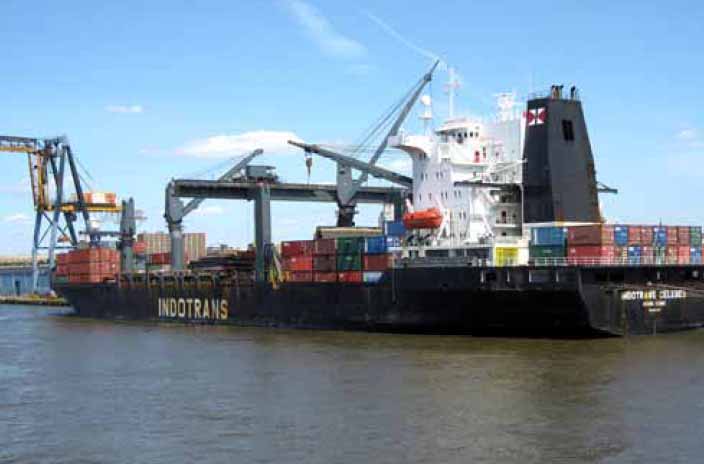
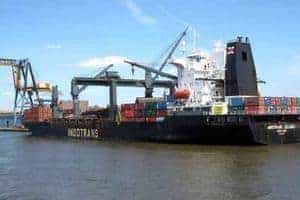

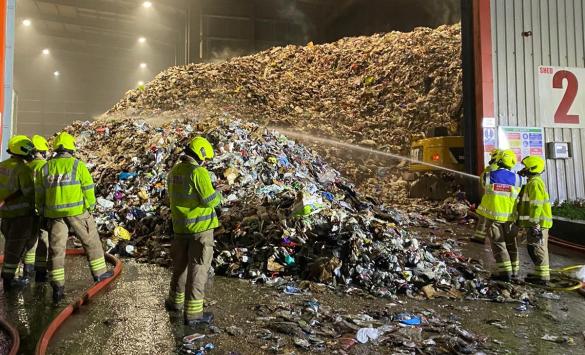
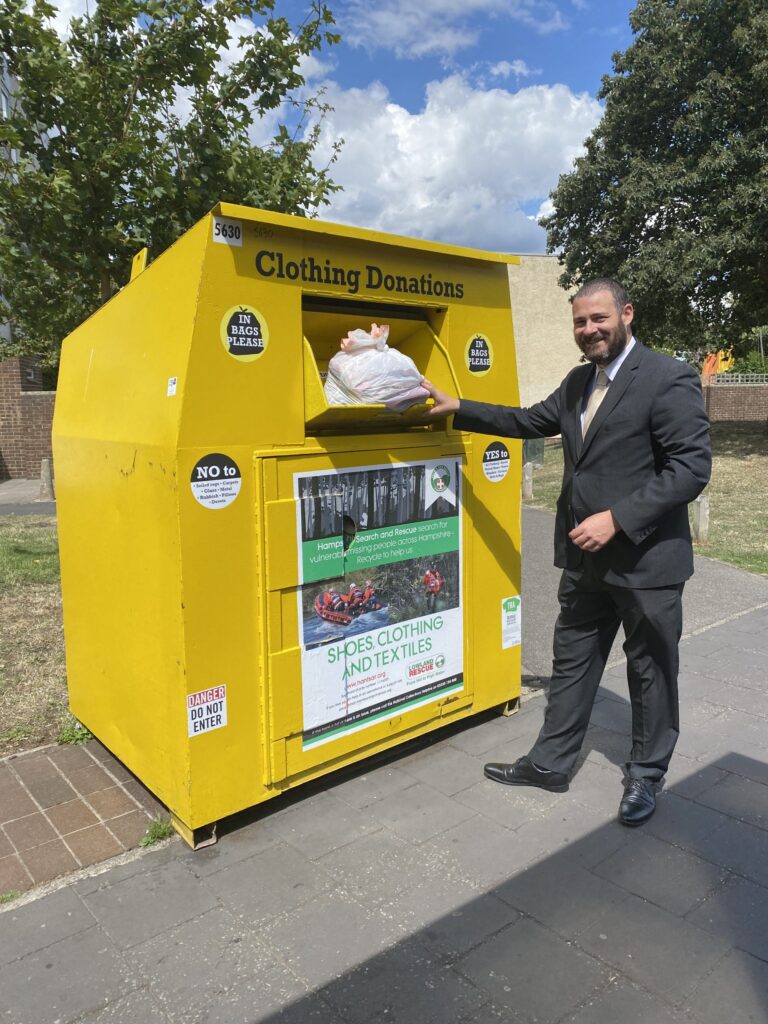
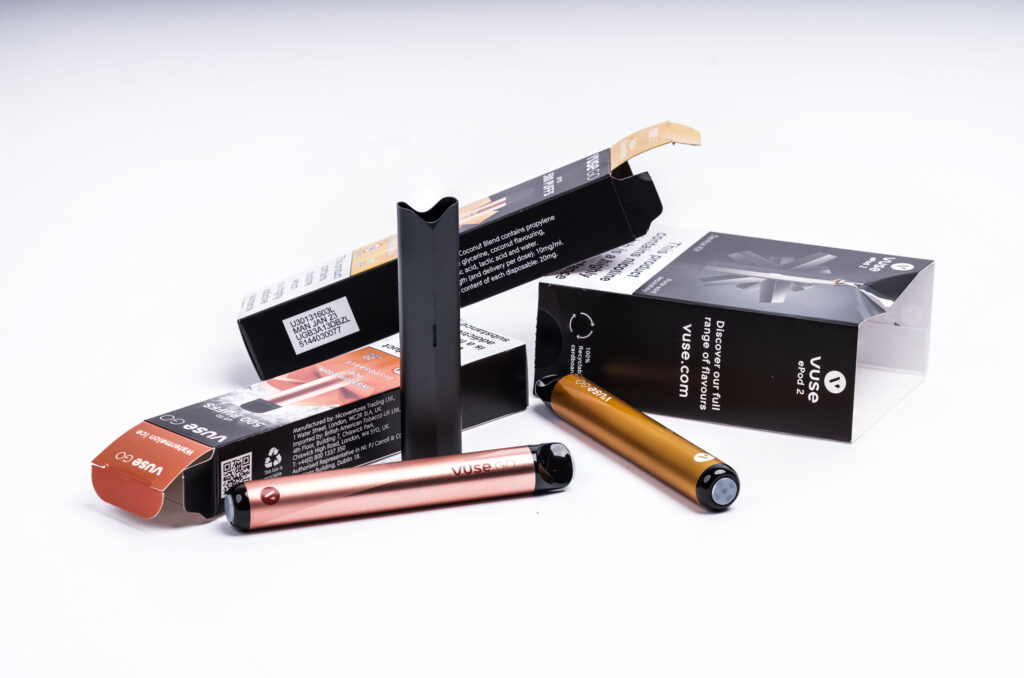

Subscribe for free